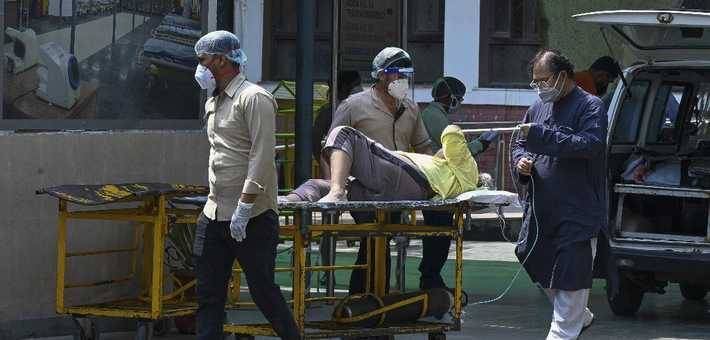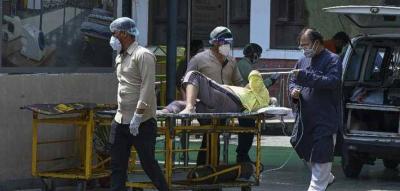A Scottish study has shown that the Delta variant of the coronavirus increases the risk of hospital admissions for patients by nearly double compared to the previous dominant variant in the UK, but two doses of the vaccine provide strong protection against it. The study indicated that early evidence suggested the effectiveness of vaccines against the Delta variant, first discovered in India, may be lower than their effectiveness against the Alpha variant, which first emerged in Kent in Southeast England.
The research, published in a letter to The Lancet medical journal, included 19,543 infection cases and 377 hospital treatments among Scotland's population of 5.4 million residents, with 7,723 infection cases and 134 hospital treatments all being from Delta variant infections. Chris Robertson, a professor of public health and epidemiology at Strathclyde University, stated that the Delta variant, after adjusting for age and comorbidities, nearly doubled the hospital admission rate, but vaccines are still able to reduce risks.
He told reporters, "If you are infected, having two doses of the vaccine or one dose for 28 days reduces your chances of being hospitalized by about 70 percent." Two weeks after receiving the second dose, the Pfizer-BioNTech vaccine was found to provide 79 percent protection against the Delta variant compared to 92 percent against the Alpha variant. For the Oxford-AstraZeneca vaccine, the protection is around 60 percent against the Delta variant and 73 percent against the Alpha variant.
Researchers cautioned against using these data to compare vaccines with each other due to differences among those who received each type of vaccine and variations in the speed of immune response among each group. They noted that two vaccine doses offer much greater protection against the Delta variant than a single dose and that delaying the lifting of restrictions in England would help more people receive their second dose and allow for the completion of building the immune response. Aziz Sheikh, director of the Usher Institute at the University of Edinburgh, remarked, "I believe that any form of increasing opportunities before fully lifting restrictions will be beneficial."




